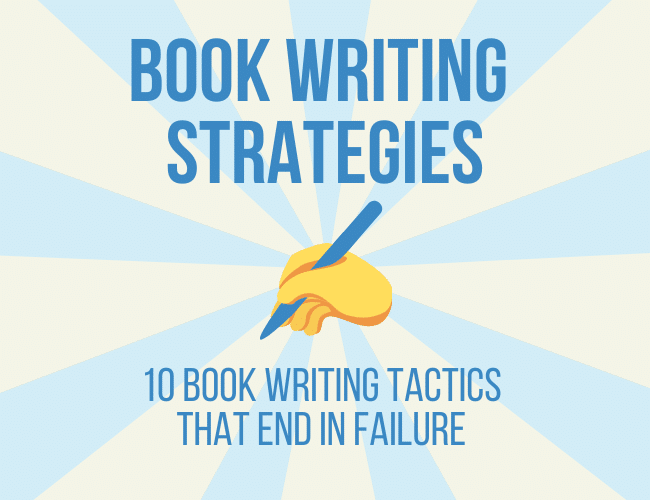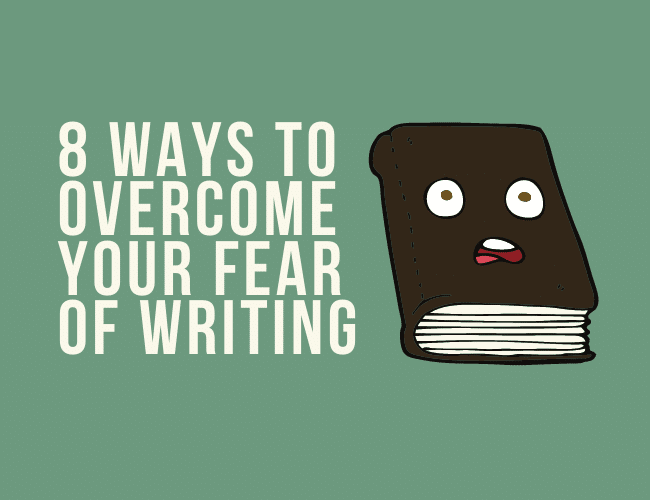
by Sarah Gribble |
If you’ve ever wanted to write a book, you might have heard the term “beta readers.” But what are beta readers? Do you really need them? Are they just free editing, or something different?
A couple hints: yes, if you’re going to publish a book, you need beta readers. And no, they’re not a replacement for hiring a professional editor.

by Joe Bunting |
Do you have trouble finishing a book? When you stop, do you ever consider what causes writer’s block—what caused your writer’s block or reason to stop writing?
In a recent YouTube video, I talked about how hard it is to write a book, how it took me years to write a book, and how I hear from writers on a daily basis who are struggling with the writing process.
The good news, you don’t have to be alone when you get stuck like this.
Today, I want to talk about why it’s hard to finish a book. Specifically, I’ll cover ten things that people try when they’re struggling to finish writing a book that don’t work—and why this ends in giving up on a book, or paralyzes them due to writer’s block.

by Joe Bunting |
Have you ever wanted to write a book? Maybe you’ve thought about it. Maybe you’ve even started writing, but got stumped halfway through.
Yesterday, I took a poll of writers in our community. What I found is that 85% of writers have had a great idea for a book, have even tried to write it, but haven’t been able to finish it.
Yes, finishing a book is hard. Trust me, I know just how frustrating and overwhelming it can be.
But it’s not impossible.
Here’s the story of how one author finally finished her book.

by Sarah Gribble |
Today I want to talk about fear. Fear of writing, fear of sharing your work, fear of publishing—and how you can overcome it.
Writers face fear on a day-to-day basis.
The self-doubt. The fear of failure. And, oh, the vulnerability.
Writing is hard enough with all the self-evaluation and doubt about your abilities. But then sharing your work with other people so they can critique or review it? CRINGE.
When you sink into that fear it debilitates you. If you let fear hold you back, you’re ensuring you never achieve your goals. You’ll never write that book and you’ll never get published. All because you were too scared.

by Sarah Gribble |
If you’ve looked into the process of publishing a book, you might have heard the term “beta readers.” But what are beta readers? Do you really need them? And when do they come into the writing process?
A couple hints: yes, if you’re going to publish a book, you need beta readers. And no, they’re not a replacement for hiring a professional editor.
Even if beta readers aren’t technically a part of the editing process, since they’re not editors, they are essential to impacting positive revisions.
Beta readers can—and will—do wonders for your book. If you know where to find good ones, and how they can positively contribute to your stories.
This is how I found knockout beta readers. Ones that made a big difference in making my story it’s best draft.

by Sue Weems |
I’m a firm believer in deadlines.
Some will argue that creativity has no end point and that they can’t be inspired if there’s a timeline. If that mindset results in powerful writing and stories that resonate with readers as regularly as you’d like, then go forth and continue with the process that is working for you!
If, however, you can’t seem to finish in the time and manner you desire, a little deadline practice might be just the thing you need to propel your writing forward.








